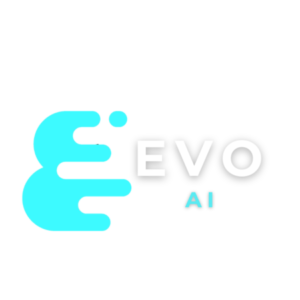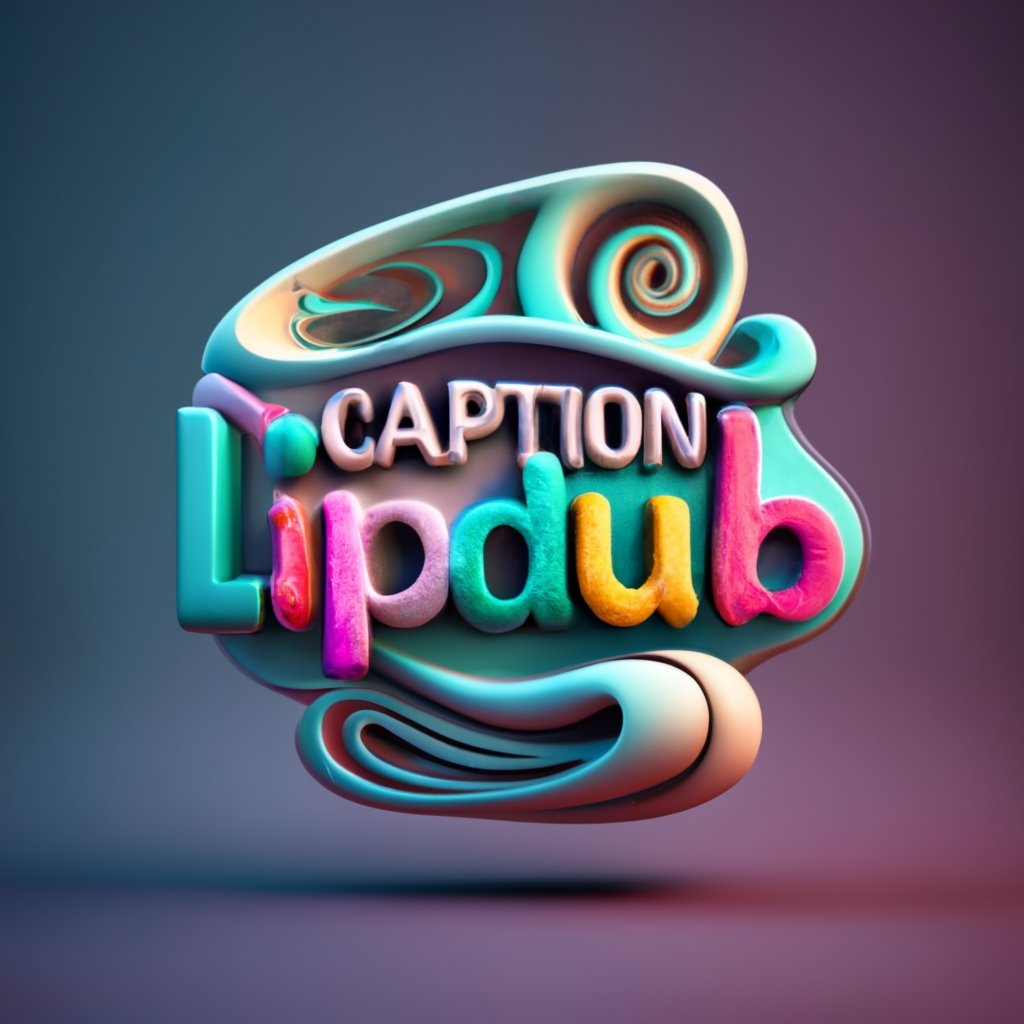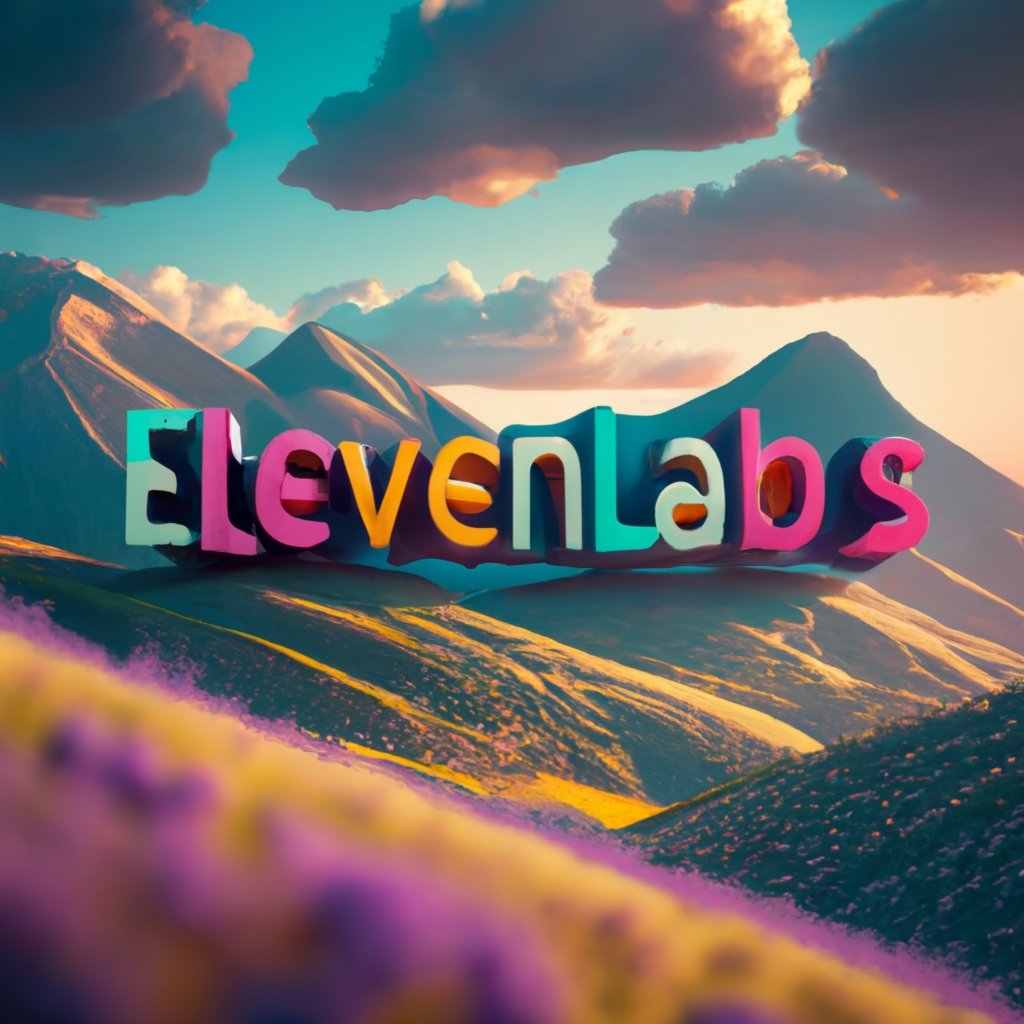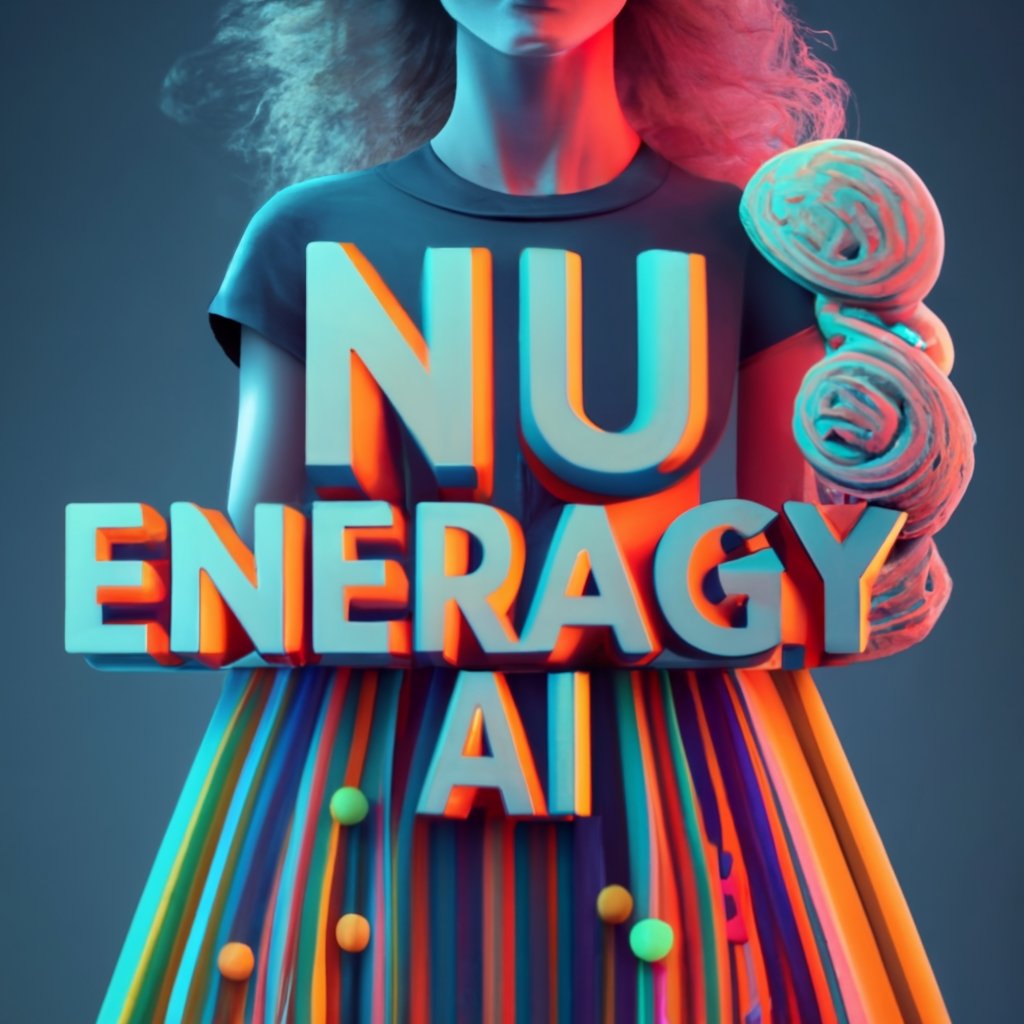
Adobe Introduces Comprehensive AI-Powered Innovations for Creative Cloud and Adobe Express
ADOBE Products/Models:
- Adobe Firefly: Adobe’s generative AI technology, now powers several Creative Cloud applications and Adobe Express.
- Firefly Image 2 Model: Advanced generative AI for imaging.
- Firefly Vector Model: Generative AI for vector graphics.
- Firefly Design Model: Generates high-quality template designs.
- Adobe Illustrator:
- Text to Vector Graphic: Converts text prompts into editable vector graphics.
- Retype: Identifies similar fonts from Adobe Fonts.
- Mockup: Transforms images into realistic product mockups.
- Illustrator on the web: A web-based version of Illustrator.
- Adobe Photoshop:
- Generative Fill: Powered by Firefly, it has seen a 10X adoption rate.
- Photoshop on the web: Brings Photoshop’s capabilities to web browsers.
- Adobe Lightroom:
- Lens Blur: Adds aesthetic blur effects to photographs.
- Mobile-optimized editing: Streamlined toolbar for mobile editing.
- HDR Optimization & Point Color: Advanced photo editing features.
- Adobe Premiere Pro, Adobe After Effects, and Frame.io:
- Direct publishing to Facebook, YouTube, and TikTok.
- AI-powered Text-Based Editing in Premiere Pro and Roto brush in After Effects.
- Share for Review with Frame.io: Faster content sharing and collaboration.
- Adobe Stock:
- Firefly-powered workflows for image editing.
- Video templates: A collection combining Premiere Pro, After Effects, and Motion Graphics templates.
- Adobe Express:
- Generative AI Innovations: Enables users to create personalized content with ease.
- Express Video: Allows users to create videos with AI-powered editing tools.
- Express Collage: Offers AI-driven layout suggestions for photo collages.
- Express Video: AI-driven video creation tool.
- Express Collage: AI-powered layout suggestions for collages
Features/Benefits:
- Generative AI Integration: Adobe’s Firefly and AI-powered features are transforming Creative Cloud applications and Adobe Express, enabling faster and more intuitive creative processes.
- Streamlined Workflows: New AI-powered tools in Illustrator, Photoshop, Lightroom, and Adobe Express make workflows more seamless.
- Enhanced Collaboration: Tools like “Share for Review” in Illustrator and integration with Frame.io in Premiere Pro facilitate better collaboration.
- Broadened Creative Horizons: With tools like Text to Vector Graphic in Illustrator, Generative Fill in Photoshop, and AI-driven tools in Adobe Express, creatives can quickly bring their visions to life.
- Cost-Effective Solutions: Adobe’s generative AI technologies are designed for safe commercial use, ensuring value for money.
Other Noteworthy Points:
- Adobe has pioneered numerous AI innovations over the last decade, introducing hundreds of AI-powered features across its product suite.
- The new generative AI-powered Text-to-image capabilities in the Firefly web application have attracted 90% of its users who are new to Adobe products.
- Adobe Stock now boasts over 355 million high-quality, royalty-free assets.
- Adobe Express’s new era of ‘Creativity for All’ emphasizes the democratization of creativity, making advanced tools accessible to everyone.
Other AI News
-
Generative AI’s profitability challenge
Generative artificial intelligence (AI) tools, capable of autonomously producing business memos and computer code, have become the latest venture for tech giants like Microsoft, Google, and Adobe. However, profitability remains a challenge. These tools demand high-powered, costly infrastructure. Microsoft’s GitHub Copilot, despite its popularity and a $10 monthly fee, operates at a loss, with some users costing the company up to $80 a month.
To offset these expenses, companies are adjusting their pricing strategies. Microsoft and Google have introduced higher prices for AI-backed software, charging an additional $30/month on top of regular subscription fees. The high costs stem from the use of advanced AI models that require significant compute power. Yet, some companies, like Zoom, are seeking cost-effective alternatives.
Adobe uses a credit system for its AI tool, Firefly, to manage costs. While the industry expects generative AI costs to decrease over time, the current financial uncertainties have made investors cautious. The industry’s focus is now on balancing innovation, adoption, and economics as it charts the future of generative AI.
-
AMD set to Acquire Open-Source AI Software Expert Nod.ai
AMD, a global player in the semiconductor industry, has unveiled plans to acquire Nod-AI, a specialist in open-source AI software. This strategic move is set to significantly enhance AMD’s foothold in the AI sector, especially in machine learning domains. With this move, AMD looks to close the gap with NVIDIA which holds the dominant position in this field.
Nod-AI’s innovative software solutions, tailored to optimize AI workloads efficiently, will complement and expand AMD’s existing product offerings. Both companies anticipate finalizing the acquisition by the close of the fourth quarter in 2023, provided they meet standard closing conditions and obtain the necessary regulatory approvals.
-
C3 AI and Shell Deepen Ties for Advanced Predictive Maintenance
C3 AI and energy titan Shell have announced an enhanced collaboration, integrating Shell’s predictive maintenance software into the C3 AI Reliability application. This partnership aims to elevate industry standards for predictive maintenance.
Over their five-year association, Shell, in collaboration with C3 AI, has developed models that predict maintenance needs for vital equipment. The integration will further solidify C3 AI Reliability’s position in the sector.
The collaboration’s focus spans reliability, asset monitoring, and sustainability solutions. Ed Abbo, C3 AI’s President and CTO, emphasized the mutual benefits of this technology transfer.
Dan Jeavons, Vice President at Shell, highlighted that over 10,000 pieces of equipment from Shell assets are now monitored using the C3 AI ecosystem, enhancing operational efficiency.
Additionally, this partnership will enrich the offerings within the Open AI Energy Initiative (OAI Energy) marketplace, a collaborative ecosystem co-founded by C3 AI, Shell, Baker Hughes, and Microsoft in 2021.
-
Credo AI Launches EU AI Act Readiness Offering for Enhanced AI Governance
Credo AI has introduced its EU AI Act Readiness offering, designed to help organizations align with the anticipated requirements of the EU AI Act. This move positions companies for future global AI regulations.
The forthcoming EU AI Act aims to set governance standards for high-risk AI systems, similar to the EU’s GDPR impact on data privacy. Credo AI’s offering translates core AI risk management and transparency obligations into actionable requirements, such as risk management systems and technical documentation.
Key features of the offering include:
- Register AI Systems: Classifying AI use cases within the EU AI Act framework.
- Map Requirements: Access to actionable requirements aligned with the EU AI Act.
- Identify Gaps: A “readiness score” for AI use case compliance.
CEO of Credo AI, Navrina Singh, highlighted the significance of AI governance, aligning with regulations like the expected EU AI Act. Demos of the offering are available upon request.
-
Adobe Showcases AI-Powered Upscaling Tool for Enhanced Video Quality
Adobe has unveiled an experimental AI tool, “Project Res-Up,” designed to upscale and enhance the quality of low-resolution GIFs and videos. While not yet available for beta testing, the demonstrations indicate significant potential. The tool employs diffusion-based upsampling technology, a type of generative AI, to amplify video resolution, enhancing sharpness and detail.
In a demonstration, Adobe upscaled a clip from “The Red House (1947)” from 480 x 360 to 1280 x 960, boosting the pixel count by 675%.
The enhanced footage was notably sharper, with the AI eliminating much of the blurriness and introducing new details. Another test showcased the tool’s ability to focus on a baby elephant, improving the low-res crop and adding intricate details like skin wrinkles.
“Project Res-Up” will be highlighted during the “Sneaks” segment of the Adobe Max event, a platform Adobe uses to present potential future technologies. While users can’t access the tool currently, its features might soon be integrated into Adobe’s popular apps like Premiere Pro or Express.
-
Captions Introduces Lipdub App for Multilingual Video Dubbing
Captions, a leading AI-driven video editing startup, has unveiled its latest offering, “Lipdub,” an app designed to translate video clips into 28 distinct languages. Available for free on the App Store, Lipdub supports a diverse range of languages, from mainstream ones like French, Hindi, and Spanish to unconventional translations such as Texas slang and Gen Z lingo. A standout feature is its ability to adjust lip movements to match the translated language, although some users noted occasional syncing lags.
The platform allows users to translate videos featuring a single speaker for up to a minute, facilitating easy sharing across social media. Captions boasts over 3 million creators utilizing its primary video editing app, which offers AI-enhanced features like noise reduction and speech enhancement. An “AI Lipdub” feature even modifies lip movements during post-production edits based on transcript changes.
Founded in 2021 by Gaurav Misra, former head of design engineering at Snap, Captions recently secured $25 million in a Series B funding round, bringing its total raised capital to $40 million. The round saw participation from prominent investors like Kleiner Perkins, Sequoia Capital, and Andreessen Horowitz.
The surge in AI-powered dubbing solutions, as seen with YouTube’s recent initiatives and offerings from platforms like ElevenLabs, underscores the industry’s momentum. Such startups are attracting significant investor attention, with companies like Papercup and Deepdub securing substantial funding.
-
Adobe Introduces Advanced AI Innovations for Multimedia Editing at Adobe MAX
At the world-renowned Adobe MAX creativity conference, Adobe showcased its latest AI-driven innovations, including the groundbreaking “Project Stardust.” This new object-aware editing engine leverages generative AI to transform image editing, allowing users to effortlessly select, edit, and modify elements within images. For instance, users can reposition individuals within a photo and automatically adjust the background.
Several other notable projects were highlighted:
- Project See Through: An AI tool designed to eliminate reflections from photos, addressing a common issue in photography.
- Project Fast Fill: Uses Firefly generative AI for video, adapting technology from Adobe Photoshop to enhance video editing processes.
- Project Dub Dub Dub: Automates video dubbing, translating audio tracks to multiple languages while retaining the original speaker’s voice.
- Project Res Up: Converts low-resolution videos to high-resolution using advanced upscaling technology.
- Project Poseable: Simplifies the creation of 3D scenes, allowing users to generate 3D renderings from text inputs.
- Project Neo: Facilitates the integration of 3D elements into 2D designs without the need for specialized 3D expertise.
- Project Primrose: Merges technology with fashion, showcasing a dress with a flexible display that can showcase various designs.
- Project Glyph Ease: Streamlines the design process for custom lettering, generating a set of glyphs from a hand-drawn letter shape.
- Project Draw & Delight: Assists in the creative process, transforming initial doodles into refined sketches and offering style variations.
These innovations, presented during the “Sneaks” segment of Adobe MAX, highlight Adobe’s commitment to harnessing AI and 3D technologies to redefine creative processes.
-
Dropbox Unveils Revamped Web Interface and AI-Driven Features
Dropbox has introduced a series of enhancements to its file hosting service, most notably a redesigned web interface and the open beta release of its AI-powered universal search tool, Dash. The updated web interface offers a cleaner look with a new action bar for quick access to features like screen recording and file uploading. File previews have been revamped, aiming to simplify editing of images, videos, and PDFs. This new interface will be gradually available to all users in the upcoming months.
Dash, initially announced in June, serves as a universal search feature, akin to a “Google for your personal content,” streamlining the search process across multiple apps and browser tabs. Another AI feature, Dropbox AI, which can summarize and answer queries about users’ content, is now being expanded to encompass all items in a user’s account. This feature is currently in alpha, with access expanding to more users over time.
Dropbox also unveiled Dropbox Studio, a comprehensive tool for video creators, which integrates editing, commenting, and publishing tools. This feature is set to release in alpha to select users soon.
Additionally, Dropbox has launched new subscription plans, starting at $22 per month for the Essentials tier, with the Business Plus tier priced at $32 per month, offering added benefits like pooled storage and enhanced security.
-
iCIMS Introduces AI-Powered Copilot for Enhanced Recruiting
iCIMS, a pioneer in recruiting software, has unveiled its latest AI-driven tool, “iCIMS Copilot.” Powered by Microsoft’s GPT-4 in Azure OpenAI Service, the Copilot functions as an AI assistant within the iCIMS Talent Cloud recruiting software. It assists recruiters by generating job descriptions, drafting offer letters, creating marketing content, and answering queries in real-time. The tool aims to streamline repetitive tasks, allowing recruiters to focus on more strategic outcomes.
The New Jersey-based company, established in 2000, has been at the forefront of integrating “responsible AI” into its platform. Over the years, iCIMS has incorporated AI-led search, match, and job fit recommendation capabilities, ensuring compliance with global regulations, including New York City’s NYC 144 law.
While generative AI tools like Copilot can provide rapid answers, iCIMS emphasizes that they should complement human recruiters rather than replace them. The company is actively seeking feedback from users to refine Copilot and develop future AI-driven tools. For now, iCIMS Copilot will be included with its regular Talent Cloud, which operates on an enterprise pricing model.
-
Vanta Revolutionizes Trust Management with Advanced AI Capabilities
Vanta, a leader in automated compliance, has launched its Vanta AI suite, designed to alleviate the burdens of compliance and security teams. This suite, powered by AI and large language models (LLMs), automates repetitive tasks such as security reviews and compliance checks. Key features include AI-driven vendor security reviews, questionnaire automation, and intelligent control mapping.
The company’s CPO, Jeremy Epling, emphasized that Vanta AI can process vast volumes of documents, automating functions and saving significant time for teams. This allows them to concentrate on more strategic tasks. Vanta’s Vendor Risk Management application, a part of the suite, uses AI to swiftly parse vendor documents, extracting essential details for security reviews. This AI-driven approach aids in assessing third-party risks while maintaining high compliance standards.
Vanta’s commitment to automation has been evident since its inception in 2018. Recognized for its ability to expedite certifications and audits, Vanta now assists over 6,000 global customers in streamlining audits and compliance workflows for standards like SOC 2, ISO 27001, and HIPAA.
The company’s latest advancements underscore its dedication to needs-based innovation, focusing on the challenges faced by compliance and security teams. By integrating AI and LLMs into their platform, Vanta showcases its understanding of the industry’s pain points and its commitment to transforming trust management.
-
ElevenLabs Unveils AI-Powered Dubbing Tool for Multilingual Content Creation
ElevenLabs, a voice cloning and synthesis startup founded by ex-Google and Palantir staff, has launched “AI Dubbing,” a product capable of translating speech into over 20 languages. This tool offers a novel approach to dubbing audio and video content, addressing a traditionally manual process. It aims to bridge language gaps for smaller content creators who lack the means to manually translate their content for global audiences.
The AI Dubbing tool, integrated into ElevenLabs’ platform, automates tasks such as background noise removal, speaker differentiation, and speech transcription. It then translates, adapts, and voices the content in the target language while preserving the original speaker’s voice nuances. The final translated speech is merged with the original background sounds, producing a dubbed output ready for use.
The company’s latest Multilingual v2 model supports a broad spectrum of languages, including Hindi, Portuguese, Spanish, and Japanese. This comprehensive tool streamlines the previously cumbersome process of voice cloning, transcription, and translation on the platform.
While ElevenLabs is at the forefront of AI-based voicing, other companies like OpenAI and Spotify are also exploring similar technologies. The global market for such tools, valued at $1.2 billion in 2022, is projected to reach nearly $5 billion by 2032.
-
DeepMind’s Open-X Embodiment: A Leap Forward in Robot Training
Google DeepMind, in collaboration with 33 research institutions, has unveiled a groundbreaking project called Open-X Embodiment. This initiative aims to simplify the traditionally complex process of training machine learning models for various robots, tasks, and environments. Pannag Sanketi, Senior Staff Software Engineer at Google Robotics, highlighted the challenge of robots being “great specialists, but poor generalists,” necessitating a unique training model for each task and environment.
Open-X Embodiment introduces two pivotal components:
- A comprehensive dataset, encompassing data from 22 robot types across 20 institutions worldwide. This dataset features over 500 skills, 150,000 tasks, and over 1 million episodes.
- A family of models, including RT-1-X and RT-2-X, designed to transfer skills across diverse tasks. These models, based on the transformer architecture, have shown promising results in various robotics labs, outperforming specialized models. For instance, RT-1-X achieved a 50% higher success rate in tasks like object picking and door opening.
The project draws inspiration from large language models, suggesting that a model trained on diverse data can excel over specialist models in most tasks. The researchers also highlighted the potential of combining these advancements with other models like RoboCat, a self-improving model by DeepMind.
DeepMind has open-sourced a portion of the Open X-Embodiment dataset and the RT-1-X model, aiming to foster collaboration and accelerate research in the robotics domain. Sanketi expressed optimism about the future, emphasizing the importance of robots and researchers learning from one another.
-
NuEnergy.ai Awarded Patent for AI Oversight Methodology
Ottawa’s NuEnergy.ai has secured a U.S. patent for its Machine Trust Index (MTI), a system designed to standardize AI oversight. Developed in 2018, the MTI provides a comprehensible score to gauge the trustworthiness of AI algorithms, evaluating parameters like privacy, fairness, and bias. The patented system, adaptable to various industries, offers a solution for assessing even opaque “black box” AI models. As AI integration grows, NuEnergy’s MTI aims to ensure its ethical and responsible use.
-
Replit Integrates GhostWriter AI Tool for Enhanced Code Completion
Developer tooling company, Replit, has announced the integration of its GhostWriter AI code completion tool into its core platform, making it accessible to all users. Previously limited to a select group, this move is part of Replit’s “AI for all” initiative. Alongside this, Replit introduced its open-source generative AI large language model (LLM) for coding, named replit-code-v1.5-3b. This LLM, trained on 1 trillion tokens of code, supports 30 programming languages and is seen as a competitive alternative to other models like StarCoder LLM and Meta’s Llama CodeLlama 7B. Replit’s CEO, Amjad Masad, emphasized the company’s mission to democratize access to AI-enhanced coding tools, envisioning a future where AI is seamlessly integrated into every programming interaction.
-
UiPath Introduces New Connector for Amazon Bedrock to Boost Generative AI Applications
UiPath, a prominent enterprise automation software company, has unveiled a new Integration Service Connector for Amazon Bedrock. This service facilitates the creation and scaling of generative AI applications by providing access to industry-leading foundation models (FMs) via an API. With this connector, both automation developers and citizen developers can effortlessly incorporate Generative AI into their UiPath Studio and Studio Web automations within Amazon Web Services (AWS).
The connector supports various FMs, including the Jurassic-2 family of multilingual large language models (LLMs) from AI21 Labs and Claude, Anthropic’s LLM. Graham Sheldon, Chief Product Officer at UiPath, highlighted the connector’s ease of use and its alignment with UiPath’s vision of aiding customers in rapidly innovating with Generative AI.
Generative AI, powered by FMs, can perform a wide range of tasks due to their extensive pre-training on vast data sets. Additionally, UiPath ensures data privacy by encrypting all data within a customer’s Virtual Private Cloud (VPC). This announcement follows UiPath’s earlier integration with Amazon SageMaker, enabling seamless connection of ML models into UiPath business processes.
-
Google Introduces AI-Powered Search for Google Workspace
Google is set to revolutionize the search experience within Google Workspace by unveiling its new AI-powered search feature. This enhancement, named “Search for Google Workspace” (SGE), will allow users to seamlessly search across all Google Workspace apps, including Docs, Sheets, Slides, and more.
A standout feature of SGE is its ability to search within images and even handwritten notes, making it easier for users to locate specific content. Additionally, the search tool can identify and pull up drafts or written content that hasn’t been saved as a formal document, ensuring that no work is lost or overlooked.
Google’s focus on improving search capabilities within Workspace is a strategic move to enhance user experience and productivity. The company recognizes the increasing amount of data generated by users and aims to provide a more efficient way to access and manage this information.
SGE’s introduction is a testament to Google’s commitment to integrating AI into its products, ensuring that users have the most advanced and efficient tools at their disposal. The feature is expected to roll out to all Google Workspace users soon.
-
Box Introduces AI-Driven Hubs for Enhanced Enterprise Search
Box, a leader in enterprise cloud-based content management, has unveiled Hubs, a solution designed to streamline the discovery of enterprise information. Integrated with Box AI, Hubs allows users to efficiently organize documents, automatically summarize vast data, and generate new content. This tool addresses the challenge of navigating the growing volume of unstructured data in enterprises. With Hubs, HR and sales teams, for instance, can centralize essential resources, ensuring employees can quickly access and stay updated on company policies or sales materials. Box CEO, Aaron Levie, emphasized the vision of making enterprise knowledge instantly discoverable. Box AI, which powers Hubs, will be available in beta to Enterprise Plus customers from November, offering users 20 queries per month and additional queries for larger use cases.
-
RIAA Flags AI Voice Cloning as Potential Copyright Threat
The Recording Industry Association of America (RIAA) has raised concerns over AI voice cloning, urging the US government to recognize it as a potential copyright infringement threat. In its submission to the US Trade Representative (USTR), the RIAA proposed the inclusion of AI voice cloning in the annual Review of Notorious Markets for Counterfeiting and Piracy. The association specifically highlighted Voicify.AI, a platform offering voice models of renowned artists like Ariana Grande and Taylor Swift. The RIAA alleges that Voicify.AI enables users to manipulate music tracks using AI voice models, infringing on artists’ rights. The rise of AI voice cloning has sparked debates on copyright, especially after AI-rendered songs using voices of artists like Drake went viral. The RIAA’s concerns extend to the broader implications of AI voice cloning on artists’ rights and the potential proliferation of unauthorized derivative works.
About The Author

Bogdan Iancu
Bogdan Iancu is a seasoned entrepreneur and strategic leader with over 25 years of experience in diverse industrial and commercial fields. His passion for AI, Machine Learning, and Generative AI is underpinned by a deep understanding of advanced calculus, enabling him to leverage these technologies to drive innovation and growth. As a Non-Executive Director, Bogdan brings a wealth of experience and a unique perspective to the boardroom, contributing to robust strategic decisions. With a proven track record of assisting clients worldwide, Bogdan is committed to harnessing the power of AI to transform businesses and create sustainable growth in the digital age.










Leave A Comment